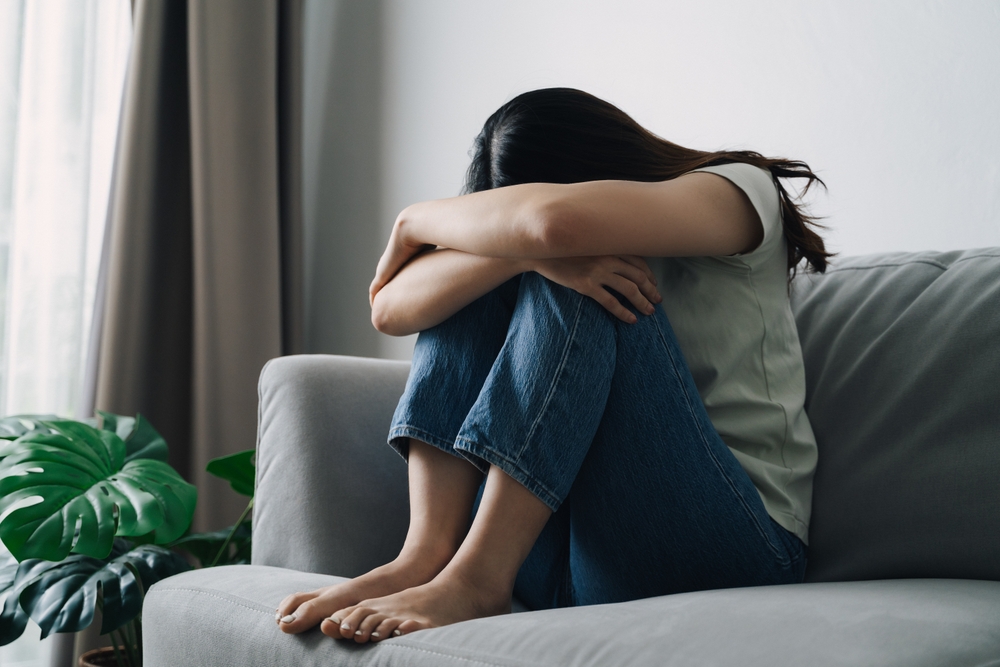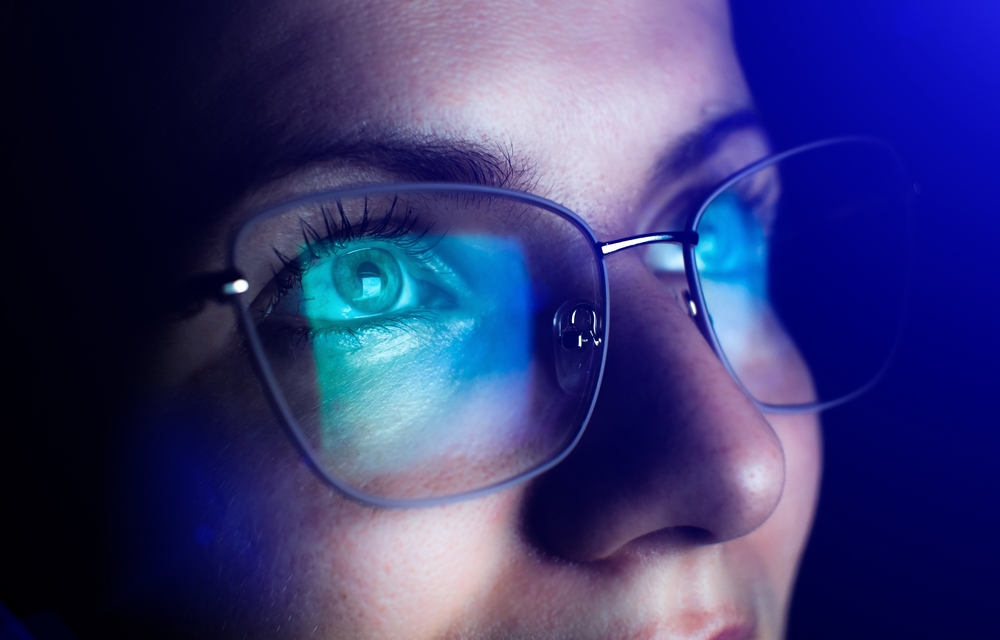Why You’re Exhausted But Can’t Sleep: Unraveling the Mystery

Ever found yourself lying in bed, utterly exhausted, yet unable to drift off to sleep? You’re not alone. This frustrating phenomenon is more common than you might think, and understanding its causes can be the first step towards reclaiming your restful nights.
The Circadian Conundrum: When Your Body Clock Goes Haywire
Your body’s internal clock, or circadian rhythm, plays a crucial role in regulating your sleep-wake cycle. When this delicate system gets disrupted, you might find yourself wide awake when you should be sleeping soundly.
The DSPS Dilemma
Delayed Sleep Phase Syndrome (DSPS) is a circadian rhythm disorder that can leave you feeling tired but unable to sleep at your desired bedtime. People with DSPS often find their natural sleep time shifted later than what’s considered normal according to the Sleep Foundation.

Napping: A Double-Edged Sword
While a quick power nap can be rejuvenating, longer daytime naps can interfere with your nighttime sleep. Naps lasting more than 30 minutes can leave you feeling groggy and disrupt your sleep-wake cycle as noted by the Sleep Foundation.

The Anxiety-Depression Sleep Connection
Mental health conditions like anxiety and depression can significantly impact your sleep quality. These conditions can lead to racing thoughts, making it difficult to relax and fall asleep even when you’re physically exhausted as reported by Harvard Health.
Caffeine: The Silent Sleep Stealer
That afternoon coffee might be sabotaging your sleep. Caffeine can stay in your system for up to 8 hours, potentially interfering with your ability to fall asleep at night according to the FDA..

The Blue Light Blues
In our technology-driven world, exposure to blue light from screens before bedtime has become a significant sleep disruptor. This type of light suppresses melatonin production, the hormone that regulates your sleep-wake cycle as explained by Harvard Health.
Sleep Disorders: The Hidden Culprits
Various sleep disorders can leave you feeling tired but unable to sleep. These include:
- Insomnia
- Sleep apnea
- Restless leg syndrome
If you suspect you might have a sleep disorder, it’s essential to consult with a healthcare professional for proper diagnosis and treatment as recommended by the National Heart, Lung, and Blood Institute.

Strategies for Sweeter Slumber
Now that we’ve explored the potential reasons behind your sleep struggles, let’s look at some strategies to help you get the rest you need:
- Stick to a consistent sleep schedule, even on weekends.
- Create a sleep-conducive environment: dark, quiet, and cool.
- Avoid caffeine and electronic devices for at least 3 hours before bedtime.
- Practice relaxation techniques like meditation or deep breathing exercises.
- Engage in calming activities before bed, such as reading or taking a warm bath.
- If you can’t sleep, don’t lie in bed tossing and turning. Get up and do a quiet activity until you feel sleepy.
When to Seek Professional Help
If your sleep issues persist despite trying these strategies, it might be time to consult a sleep specialist. They can help identify any underlying sleep disorders and provide targeted treatment options.

Your Journey to Restful Nights Starts Now
Remember, good sleep is crucial for your physical and mental well-being. By understanding the factors that disrupt your sleep and implementing effective strategies, you can reclaim your restful nights. To gain deeper insights into your sleep patterns and heart rate, consider using the Nexu Ring. This discreet wearable device can track your sleep stages, heart rate variability, and other vital health metrics. With personalized data and actionable insights, you can take control of your sleep health and wake up feeling refreshed and rejuvenated.
Don’t let another night pass lying awake in frustration. Start your journey to better sleep tonight, and wake up to a more energized, focused, and happier you tomorrow.
You might be interested in: